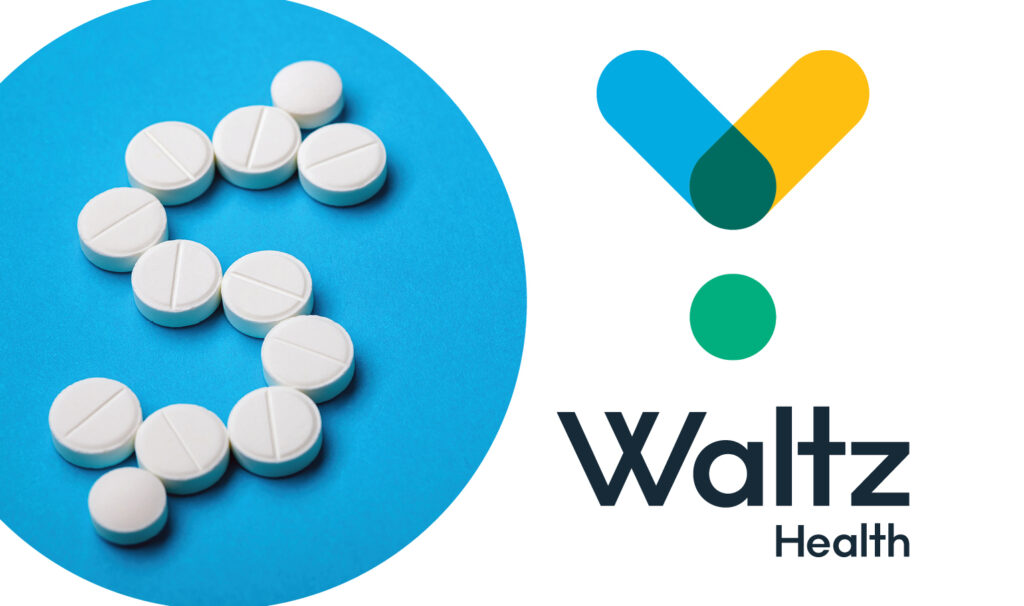News/Blogs
Major Prescription Drug Policy Changes
From President Trump’s most-favored-nation pricing strategy to Arkansas’s unprecedented pharmacy ownership ban, Q1-Q2 brought significant regulatory shifts. Here’s what you need to know about the evolving prescription drug landscape.

Federal Highlights:
- The National Association of Insurance Commissioners asked the Department of Health and Human Services (HHS) to clarify the copay accumulators rules. Since 2023, HHS has declined to enforce a 2020 rule and has promised updated rulemaking.
- The IRS released Revenue Procedure 2025-19, outlining 2026 cost-of-living adjustments for health savings accounts (HSAs), high-deductible health plans (HDHPs), and excepted benefit health reimbursement arrangements (HRAs).
- CMS finalized a Revised Simplified Determination Method for 2026 creditable coverage, continuing to permit the simplified determination methodology for calendar year 2025 for group health plan sponsors who are not applying for the Retiree Drug Subsidy (RDS). For 2026 only, non-RDS group health plans may use either the existing or revised methodology to determine whether their prescription drug coverage is creditable.
- Multiple congressional hearings addressed PBMs and prescription drug prices, including the Energy and Commerce Subcommittee on Health’s “An Examination of How Reining in PBMs Will Drive Competition and Lower Costs for Patients.” The House Judiciary Antitrust Subcommittee held a “shadow hearing” titled “Pharmacy Benefit Managers: The Drug Middlemen Who Increase Drug Prices, Limit Choice, and Hurt Local Pharmacists.” Next, on May 13, the Senate Judiciary Committee held a hearing titled “PBM Power Play: Examining Competition Issues in the Prescription Drug Supply Chain.”
- President Trump issued executive orders on healthcare price transparency, directing the Treasury, Labor, and HHS Secretaries to issue updated guidance on existing price transparency requirements for hospitals and health plans within 90 days, and on expanding access to lower-cost prescription drugs, titled “Lowering Drug Prices by Once Again Putting Americans First.”
- Pharmaceuticals were temporarily exempted from reciprocal tariffs. On May 12, however, President Trump signed an executive order advancing tariffs on pharmaceutical imports, signaling the likely end of the temporary exemption.

Labor, Health and Human Services, and Treasury
The Labor, Health and Human Services, and Treasury Departments announced the nonenforcement of any new requirements from the 2024 Final Rule under the Mental Health Parity and Addiction Equity Act (MHPAEA) until a final ruling is issued in a lawsuit filed by the ERISA Industry Committee, plus an additional 18 months. The 2013 MHPAEA regulations remain in effect.
- HHS issued a press release setting most-favored nation (MFN) pricing targets for pharmaceuticals, noting that the MFN target price for branded drugs without generic or biosimilar competition is the lowest among a set of peer countries. This step by HHS comes shortly after the May 12, 2025 Executive Order on the same topic.
- HHS issued a request for information (RFI) on the machine-readable files requirement in the Transparency in Coverage Final Rule, seeking input on modifications to the disclosure requirements and additional technical implementation guidance needs.

State Highlights
During the first quarter, more than 30 new laws were enacted by state legislatures affecting PBMs and self-funded health benefit plan sponsors.
- Arkansas became the first state to pass a law prohibiting PBMs from directly or indirectly owning, acquiring an interest in, or holding a retail pharmacy permit within the state. The law, which also applies to mail-order pharmacies, was enacted in April and will take effect next year.
- Shortly after the passage of the Arkansas law, 39 State Attorneys General sent a letter asking Congress to prohibit PBM ownership of pharmacies.
- Wisconsin became the 24th state to adopt the National Association of Insurance Commissioners Model Bulletin on the Use of Artificial Intelligence Systems by Insurers (Model – Innovation, Cybersecurity, and Technology (H) Working Group).

Litigation Highlights
- The Supreme Court heard arguments challenging the Affordable Care Act’s preventive services coverage mandate. A decision is expected this summer.
- An employer trade group has sued to overturn the Mental Health Parity Final Rules.
- A New Jersey federal district court dismissed breach of fiduciary claims in Lewandowski v. Johnson & Johnson, et al, a case closely watched with respect to the potential liabilities of plan fiduciaries.

ERISA preemption case
- The Federal Trade Commission paused an enforcement action alleging PBMs used illegal rebate programs to spike the price of insulin.
- Express Scripts, CVS Health, Navitus Health Solutions, and the Pharmaceutical Care Management Association (PCMA) have filed lawsuits in federal court against the state of Arkansas, challenging a new law that bans PBMs from also operating pharmacies within the state. The plaintiffs argue the law is unconstitutional and conflicts with federal regulations, including those related to military health benefits under TRICARE.
Give your clients the insights they want.
Fill out the form below, and discover the Serve You Rx difference.
About Serve You Rx®
Serve You Rx is a full-service pharmacy benefit manager (PBM) with unquestionable flexibility and an unwavering commitment to doing what's best for its clients. With a fervent focus on those it serves, including insurance brokers, consultants, third-party administrators, and their clients, Serve You Rx delivers exceptional service and tailored, cost-effective benefit solutions. Independent and privately held for nearly 40 years, Serve You Rx can implement new groups in 30 days or less and say "yes" to a wide variety of viable solutions. Known for its adaptability, quality, and client-centricity, Serve You Rx aims to be a benchmark for better client service.



